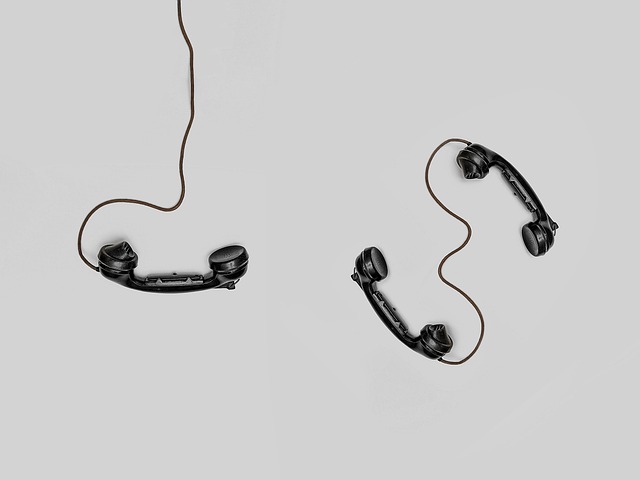Unplugged: Understanding Disconnect Syndrome in the Age of Social Media
In an era where social media has transformed the way we communicate, share, and perceive the world around us, it’s essential to recognize the emotional toll it can take on our mental health. Enter the concept of disconnect syndrome—a phenomenon that emerges when our virtual interactions overshadow our real-life experiences and relationships.
Social Media Impact
The rise of platforms like Facebook, Instagram, and Twitter has created an environment where we can connect with friends and family across the globe instantly. While this connectivity can feel empowering, it often comes at a cost. The feeling of constant engagement and the pressure to stay updated can lead to an overwhelming sense of anxiety and disconnection. Rather than fostering genuine relationships, our online personas often create a chasm between our real selves and the curated lives we portray on social media.
Studies show that excessive use of social media is linked to increased feelings of loneliness and depression. As we scroll through perfectly filtered images and highlight reels of friends’ lives, we may experience FOMO (fear of missing out), leading to further isolation. This paradox, where more connectivity results in more disconnection, encapsulates the essence of disconnect syndrome.
Understanding Disconnect Syndrome
Disconnect syndrome manifests as a growing dissatisfaction with our lives, as we measure our worth against the unrealistic standards set by others online. It’s not uncommon to feel anxious without our devices, worried that we might miss a notification or a comment. This reliance on social media for validation undermines our self-esteem and can spiral into a cycle of dependency.
When we prioritize our online presence above face-to-face interactions, we risk alienating ourselves from the very people who matter most. The simple joys of shared experiences can fade as we become preoccupied with crafting the perfect post. In many ways, social media can become an addiction, a compulsive behavior that pushes us further into our screens and away from authentic human connection.
To combat disconnect syndrome, it’s crucial to recognize these patterns within ourselves. Setting boundaries on social media use, engaging in offline activities, and investing time in building real-life connections can help re-establish a sense of balance. By choosing to ‘unplug’ regularly, we can reclaim the invaluable moments that often slip away in the wake of endless scrolling.
As we navigate the complexities of our digital lives, it’s important to maintain awareness of how social media affects our mental and emotional health. Recognizing the signs of disconnect syndrome is the first step toward fostering a healthier relationship with technology and nurturing the relationships that truly enrich our lives.



